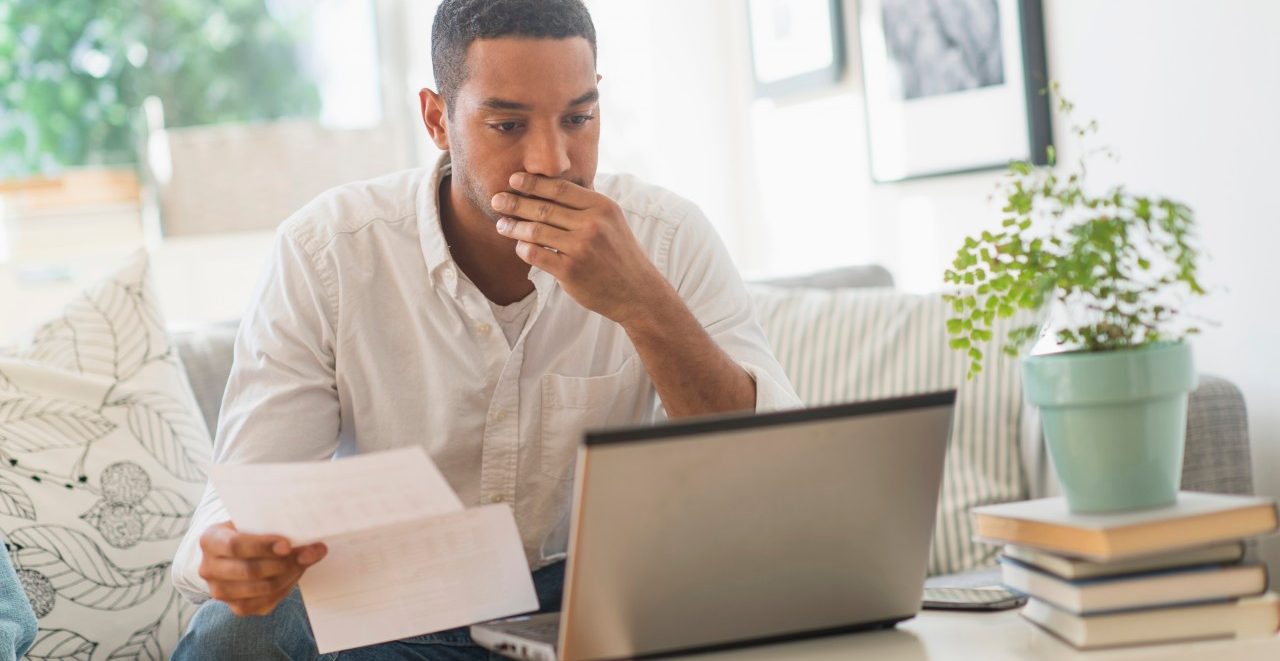Anxiety Triggers

It’s worth determining your anxiety triggers. You’ll be one step closer to calmness if you can see triggers in advance, and some of them may surprise you.
Anxiety is common, affecting some 40 million Americans. But that doesn’t mean it’s easy to deal with or harmless, for that matter.
Common anxiety symptoms
You may be so used to anxiety that you don’t notice it in yourself. Restlessness, tingling, irritability, tight muscles, insomnia, and digestive issues are all signs of anxiety. You might suddenly sweat, tremble, or feel your heart pounding and your throat closing — all signs of panic.
Forget blame. Your personal history, current circumstances, and genes all combine to make you more or less vulnerable to anxiety.
YOU MIGHT ALSO LIKE: How to Stop an Anxiety Attack
Anxiety may keep you from pursuing relationships, work, and hobbies that would require more effort. Knowing your anxiety triggers is one way to move past fear and live more freely.
You probably already have a general idea of what bothers you most. Do you worry about your health? Your finances? Are you afraid of dating or crowds?
The next step is to get more specific and learn to notice anxiety early and calm yourself.
Common anxiety triggers
Health. You may have grown up with a chronically ill parent or one who overreacted when you were sick. Some people avoid doctors and tests to cope with anxiety about their health. When they see a scary symptom, they ignore it. Other people read about their health problems for hours, thinking the worst about any symptom.
If you’ve been suffering and worrying about unexplained symptoms, a doctor may be able to help relieve your anxiety.
Be gentle to yourself when you don’t feel well — but also keep your life going if you tend to stay home whenever you’re feeling slightly off.
Prescriptions medications like birth control pills and over-the-counter cough and congestion medicines may create sensations that become anxiety triggers for you. Let your doctor know if you think anything you’re taking makes you anxious.
Caffeine. Coffee may make you more alert. But it may become an anxiety trigger, especially if you’re prone to panic or social anxiety.
Skipping meals. Even if you can’t sit down to eat every meal, have healthy snacks like nuts on hand. If your blood sugar falls, you may end up feeling agitated.
Bills, taxes, and income losses. Some people put off paying their taxes or bills because they don’t feel on top of their finances. If you’ve ever unexpectedly lost a job or an important client, you may feel especially nervous when you don’t get a response to a work phone call or email.
Remind yourself that every situation is different. Your intuition may be right — so think about how you’ll handle the situation rather than constantly checking your email. Confide in someone who is confident about money but respects your concern.
Parties or social events. Many people are afraid of rooms of people, especially strangers. Try not to stay at home alone all the time; pushing yourself to go outside of your comfort zone can be very healthy.
You might try bringing a companion or preparing yourself with conversation starters. You don’t need to talk about yourself. The most charming people are interested in others.
Conflict. If any disagreement makes you sick to your stomach, you may need to talk to a therapist. You may have learned to overreact because of conflict in your home as a child.
Stress. If you live with an unresolved problem like a chronically sick parent or spouse or bullying boss, monitor yourself closely. Overeating or eating badly, drinking alcohol, or staying up late are common reactions to stress. Over time, they can lead to more anxiety, not less.
Public performances. Many successful performers have stage fright, so it doesn’t have to stop you from speaking to a crowd. People often become afraid of their physical reaction to such fears. Instead, you can welcome the queasy feeling in your stomach as a healthy sign of excitement.
Personal associations. A smell, taste, or sound can become an anxiety trigger if it reminds you of a bad memory. Talk to a therapist if you have strange reactions you can’t explain.
Be honest — and gentle — with yourself. If anxiety is part of your daily experience, it’s time to give yourself a break and find new strategies and helpers.
Updated:
July 21, 2023
Reviewed By:
Janet O’Dell RN